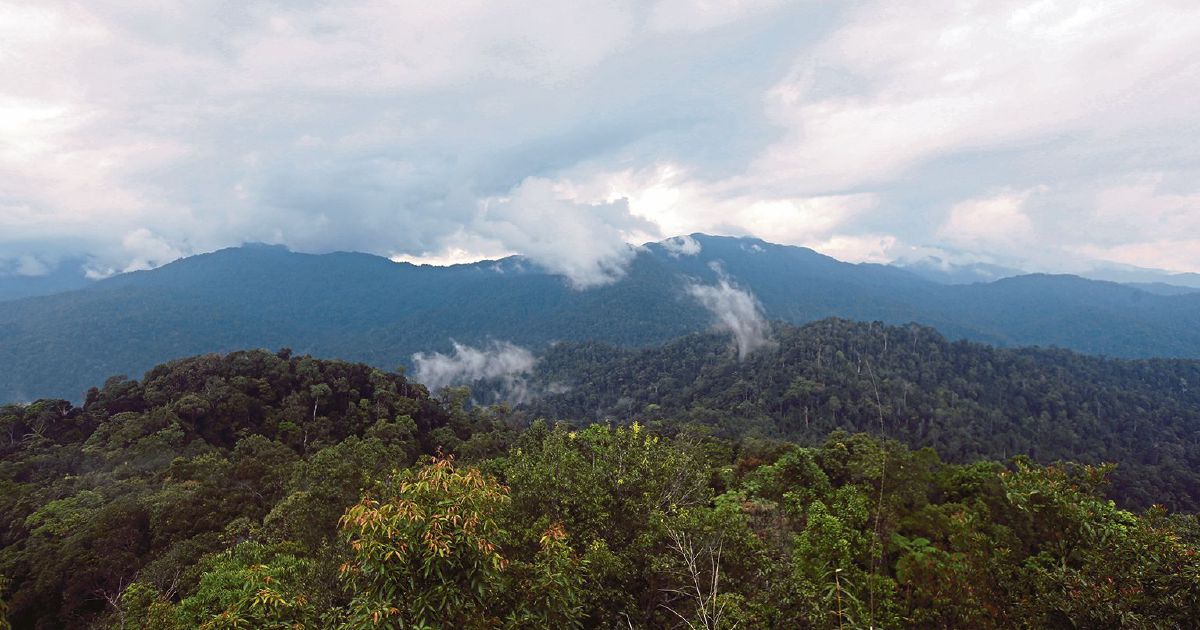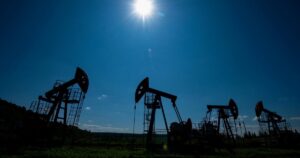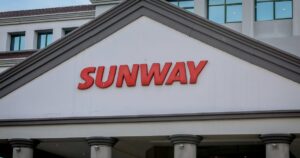LETTERS: Imagine a patch of Sabah rainforest becoming more valuable than palm oil or crude oil. This isn’t a fantasy; it’s a new economic reality unfolding in Malaysia.
In July 2024, the Kuamut Rainforest Conservation Project in Sabah, spanning over 83,381 hectares, became Malaysia’s first locally certified, nature-based carbon credit initiative.
Independently verified by Verra’s Verified Carbon Standard and CCB Gold status, the project reduces 800,000 tonnes of CO₂ equivalent annually. These credits were sold through the Bursa Carbon Exchange (BCX) , the world’s first Shariah-compliant carbon trading platform. This offers Malaysia a new strategic economic lever, shifting away from a conservation-as-charity mindset.
For decades, Malaysia’s economy relied on extracting resources like oil, rubber, palm oil, and timber. However, the global economy now favours climate credibility, with countries that demonstrate verified environmental impact attracting more investment and trust. With BCX, Malaysia is turning environmental protection into a monetisable asset.
Sabah has institutionalised this shift, requiring a licence for carbon trading and imposing fines up to RM5 million for breaches to ensure market integrity.
This aligns with Malaysia’s broader economic momentum, as the country attracted a record RM378.5 billion in approved investments in 2024, a nearly 15 per cent increase year-on-year. This supported over 207,000 new jobs, with the services sector leading the way. Sabah also aims for 35 per cent renewable electricity by 2030 through solar, hydro, and biomass projects.
Globally, the voluntary carbon market could grow to US$50 billion by 2030. In Malaysia, keeping forests such as Kuamut standing may now prove more profitable than harvesting them. This is not merely conservation, it is strategic economic evolution.
Today’s investors demand transparency and trust. The Kuamut project has become a symbol of Malaysia’s ability to align environmental stewardship with economic growth.
In this new carbon economy era, Malaysia’s resilience may increasingly depend on preservation, not extraction. As Sabah’s rainforest enters global markets, it’s clear that conservation is no longer an act of charity, it’s a national strategy.
DATIN NIRVANA JALIL GHANI
Deputy Chief Executive Officer at Invest Sabah Bhd
© New Straits Times Press (M) Bhd






